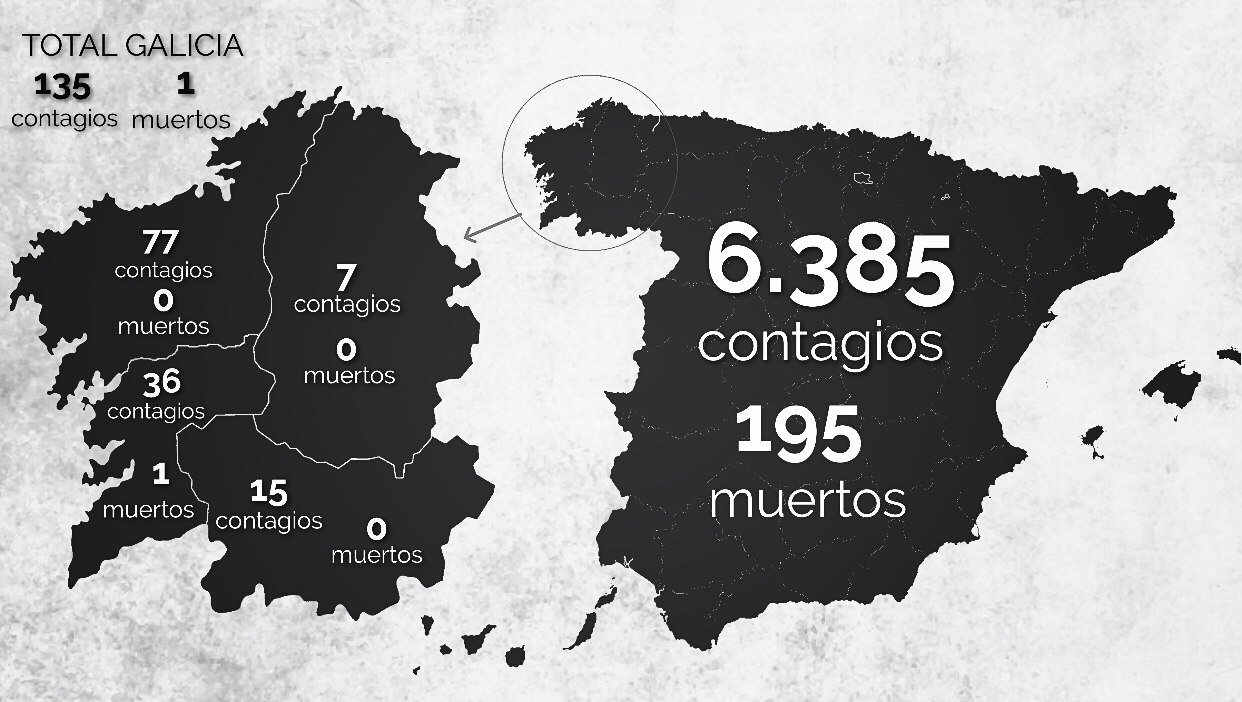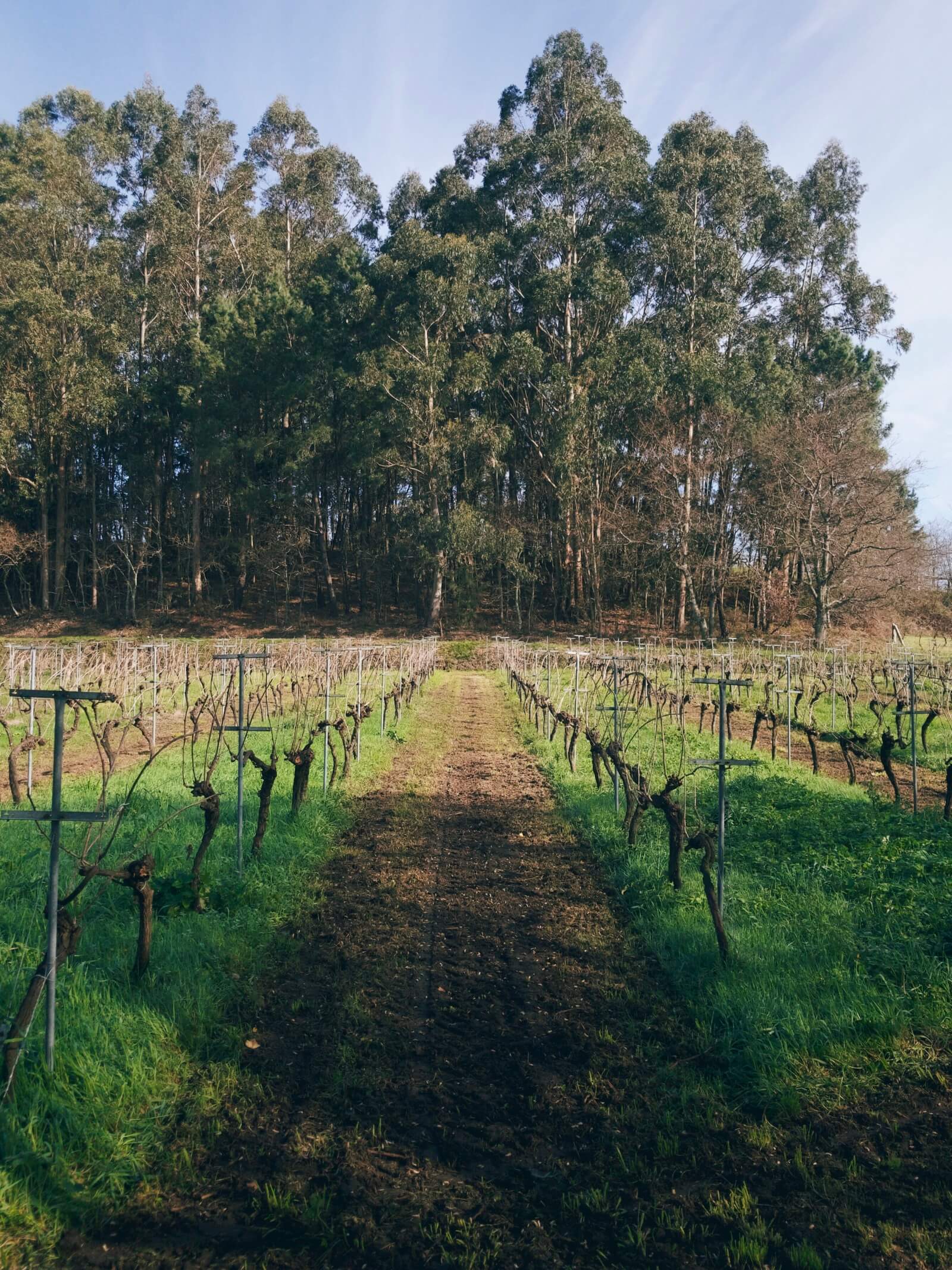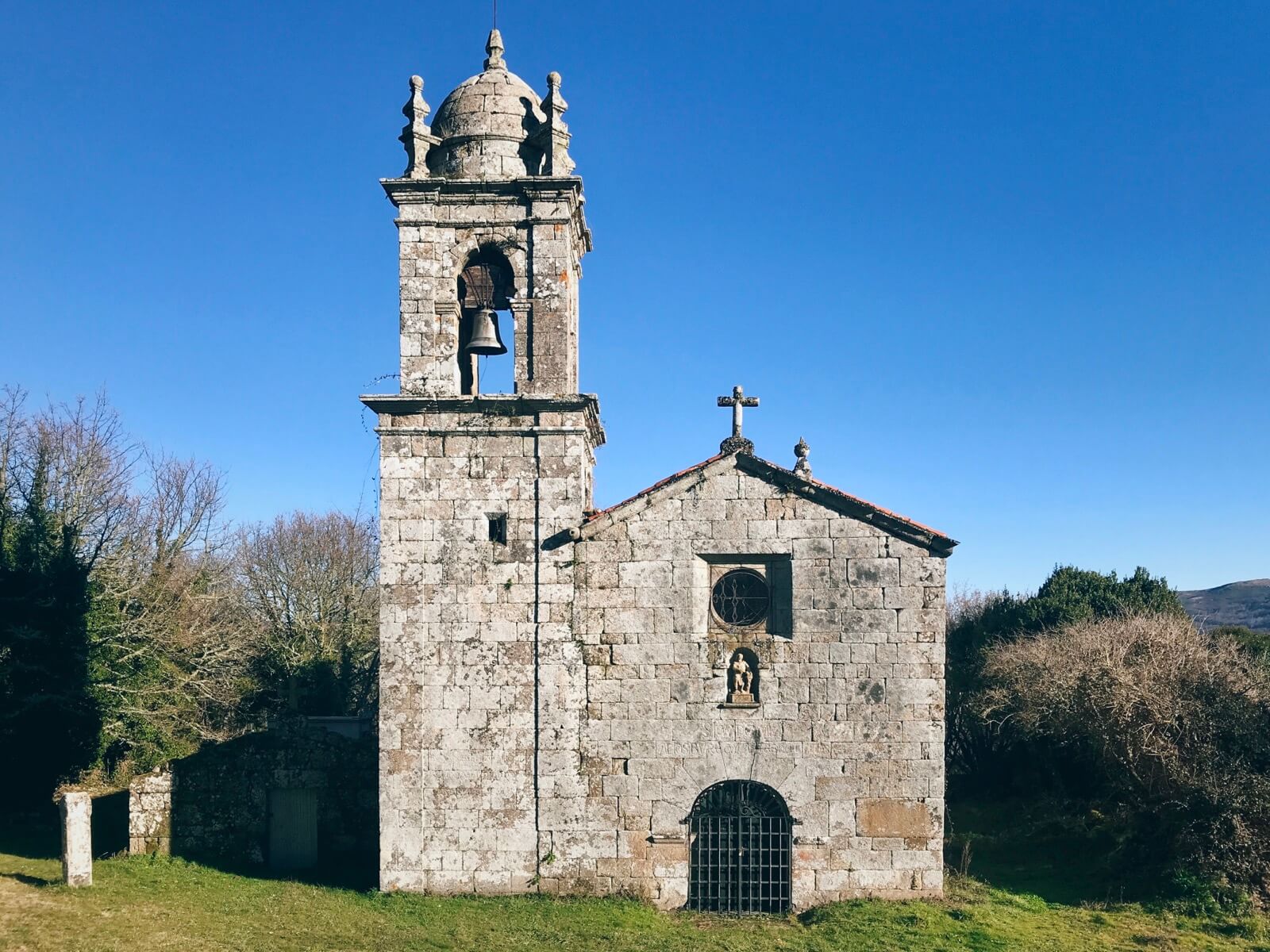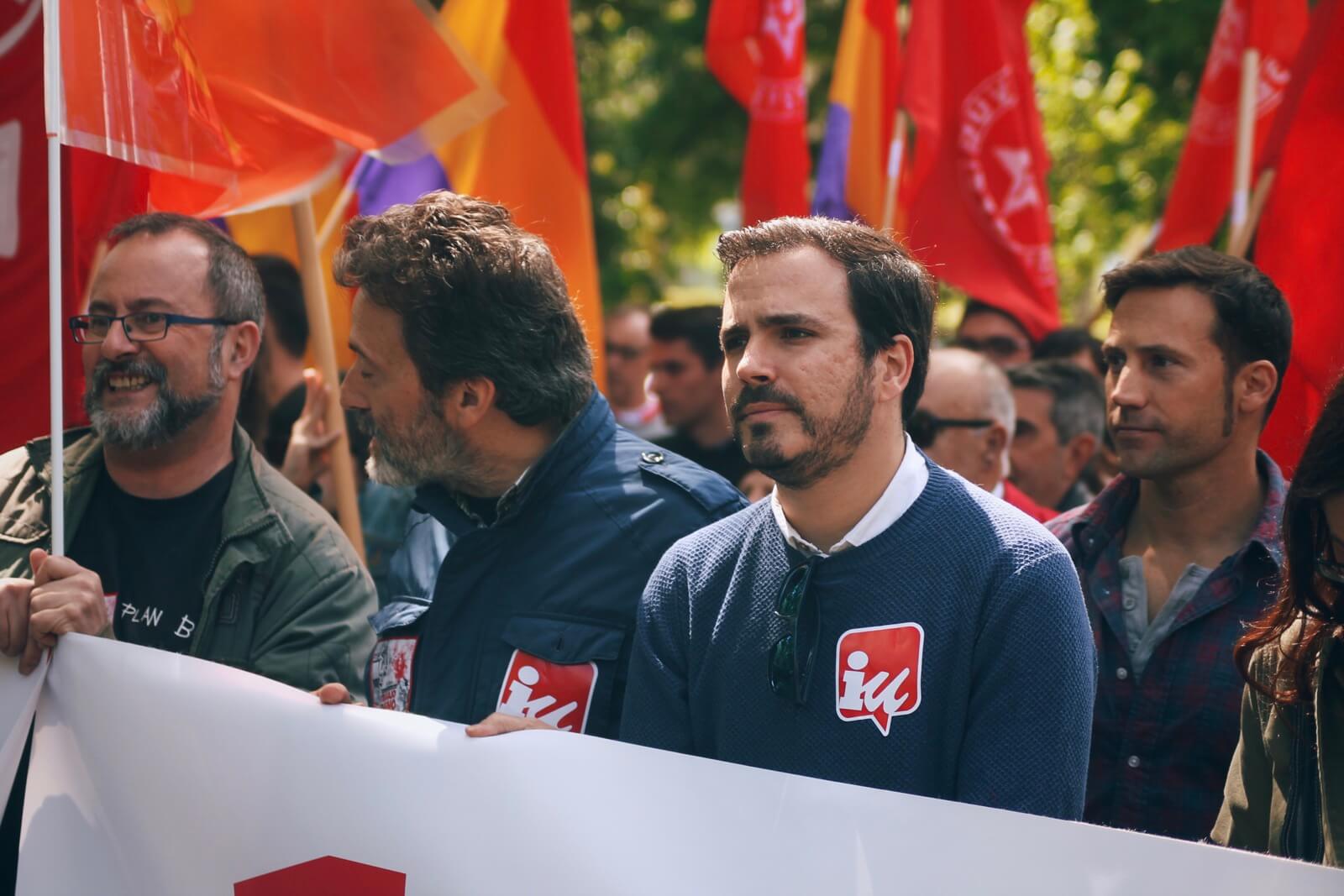Every morning brings more news from the United States or other parts Europe and the measures put in place to control COVID-19. It’s changing rapidly. Madrid and País Vasco are the worst. The regional newspaper La Voz de Galicia says “Spain is now Italy and Madrid is Wuhan”.
A few weeks ago, authorities in Galicia thought we could avoid the worst of it. There were only a few cases, mostly in A Coruña area. Now however, we have many confirmed cases, 15 confirmed in our province and perhaps a few in our town.
The Xunta has closed everything except supermarkets, gas stations, and pharmacies. We haven’t stocked up on anything and probably won’t panic buy, especially not toilet paper (Muslim pro tip: use a lota, look it up). We have three markets in town, one on the edge closest to our village. I don’t think panic will set in like it might in larger, denser cities.
And so, we isolate ourselves, continue to work from home (which is an unbelievable privilege), and try keep ourselves entertained. We have the woods and our monte very close. I’ve already FaceTimed more friends back home than in the last month. I also started a Twitter account and Telegram group of Democratic Socialists of America members who live abroad and want to start organizing. For what yet, it’s unclear, but there’s
I try to keep up on happenings, and check GCiencia for a good map of cases in the Galicia.
Be safe, everyone. Keep your distance, but reach out to neighbors, family, and friends. We need to support each other and all we have is each other.




